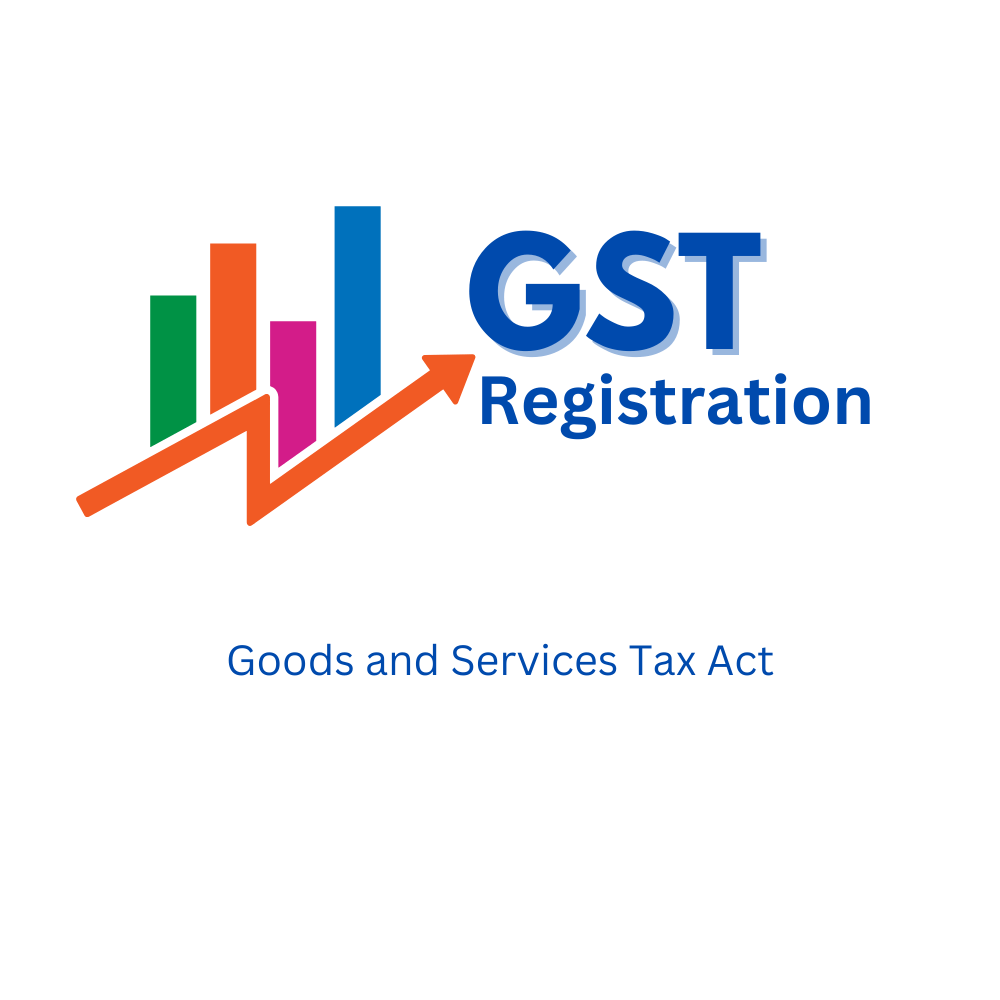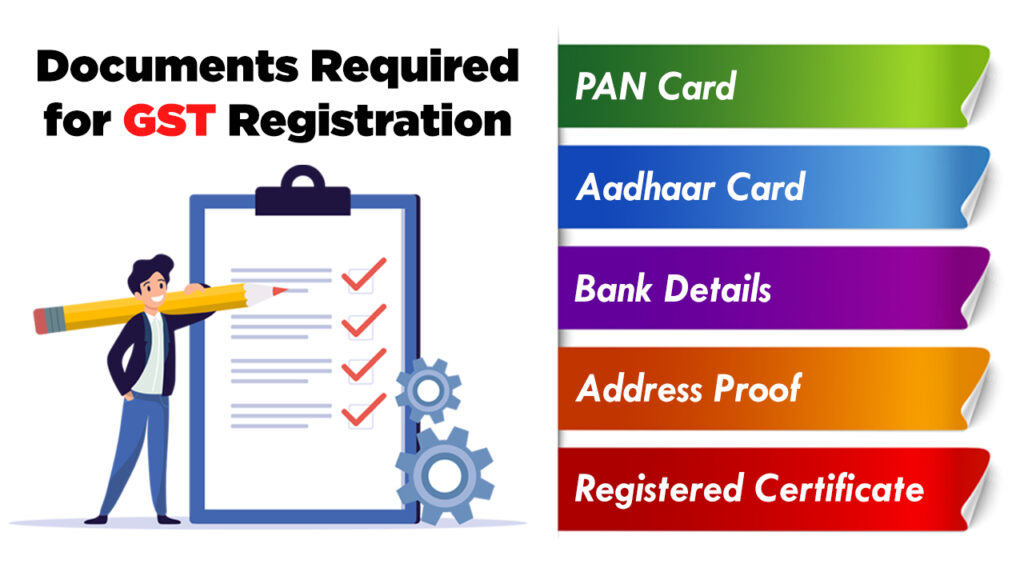Stay Clear Of Common Errors in Singapore GST Registration for Your Business
Stay Clear Of Common Errors in Singapore GST Registration for Your Business
Blog Article
Browsing the Complexities of GST Enrollment: Expert Tips and Best Practices for Easier Compliance
From deciphering registration demands to using technical devices for structured processes, the journey towards smoother GST compliance is multifaceted and nuanced. Remain tuned to discover vital methods and understandings that can aid organizations guide via the intricacies of GST enrollment with skill and confidence.
Comprehending GST Registration Requirements

In enhancement to turn over thresholds, companies involving in interstate sales or supplying taxed solutions may also be called for to register for GST, even if their turn over is below the suggested limitation (Singapore GST Registration). Recognizing these limits and requirements is vital to stay clear of charges and ensure smooth procedures within the legal structure
Moreover, companies must collect and prepare the needed documents, such as proof of identity, address, organization unification, and savings account information, before starting the GST enrollment process. Falling short to offer precise info or fulfill the enrollment target dates can cause penalties or various other legal effects. Companies need to stay notified regarding the specific GST enrollment needs applicable to their operations to keep compliance and stay clear of potential issues.
Organizing Crucial Paperwork
Businesses beginning on the GST registration procedure must thoroughly assemble and arrange the important paperwork needed for submission. The key files normally required for GST registration include proof of company registration or address, unification and identification evidence of the service owners or partners, financial institution account details, evidence of major business, and consent types. Guaranteeing that these papers are easily available and arranged can streamline the registration process and protect against rejections or delays.
To successfully organize important paperwork, services must create a centralized system for saving and categorizing the required paperwork (Singapore GST Registration). Making use of digital storage options can assist maintain very easy gain access to and make sure that papers are securely saved. Furthermore, establishing a list of all essential papers can function as a useful tool to track what has been collected and what is still needed for entry

Leveraging Modern Technology for Performance
Enhancing functional performance with technological combination is critical for modern-day services navigating the complexities of GST registration. One of the crucial methods technology can help in GST registration is through the use of automated software application options.
Additionally, technology can facilitate smooth communication with tax authorities. On-line websites and interaction tools enable businesses to submit files, solve queries, and receive updates in a more efficient fashion. This not check my reference only accelerates the registration procedure however likewise assists in preserving reputable and transparent interaction with the relevant authorities.
In addition, cloud-based storage remedies offer a secure system for services to store and access their financial data, find here ensuring conformity with GST record-keeping demands. By systematizing data storage space and automating procedures, companies can enhance their overall efficiency and accuracy in GST enrollment treatments.
Proactive Conformity Surveillance

To make sure effective positive compliance tracking, services ought to establish durable interior controls, conduct periodic audits, and utilize automation tools for real-time monitoring of GST deals. Normal training sessions for workers on GST compliance demands can additionally assist in creating a culture of conformity within the organization. Furthermore, engaging with tax obligation professionals or experts can give valuable understandings special info and guidance on navigating complicated GST laws.
Involving With Specialist Specialists
Engaging experienced tax specialists can substantially bolster a business's understanding and compliance with intricate GST policies. Professional specialists bring a wide range of knowledge and experience to the table, assisting organizations navigate the complexities of GST enrollment effortlessly. By leveraging their competence, business can make certain accurate filings, minimize the danger of mistakes, and remain up-to-date with the current governing adjustments.
When engaging with professional professionals, it is important to select professionals with a solid performance history in GST conformity (Singapore GST Registration). Look for specialists that have a deep understanding of the relevant laws and policies, in addition to experience collaborating with businesses in your industry. Reliable communication is key in this partnership, so see to it to plainly specify your assumptions and develop normal touchpoints to go over progression and address any concerns
Furthermore, professional consultants can give important insights and advice on enhancing your tax technique, identifying potential cost-saving opportunities, and enhancing your conformity processes. In general, buying expert working as a consultant services can go a lengthy method in making certain smoother GST conformity and preventing expensive errors.
Conclusion
In conclusion, browsing the complexities of GST registration calls for a detailed understanding of the requirements, organization of vital paperwork, leveraging modern technology for performance, aggressive compliance tracking, and involvement with professional professionals. By complying with these best practices, businesses can make certain smoother conformity with GST policies and stay clear of prospective fines or penalties. It is important to remain notified, proactive, and diligent in taking care of GST registration to keep compliance and promote financial honesty.
To guarantee conformity with tax laws, services need to thoroughly understand the intricate requirements for GST enrollment. Goods and Solutions Tax Obligation (GST) is a value-added tax imposed on the majority of products and services in a country, making it crucial for services to register for GST to prevent lawful repercussions.Additionally, companies have to collect and prepare the necessary paperwork, such as evidence of identity, address, company unification, and bank account details, prior to initiating the GST registration procedure. Organizations should stay informed about the particular GST enrollment needs applicable to their operations to preserve conformity and stay clear of possible issues.
The key papers normally needed for GST registration consist of proof of service enrollment or address, incorporation and identity proofs of the company owners or partners, bank account information, proof of principal location of organization, and permission forms.
Report this page